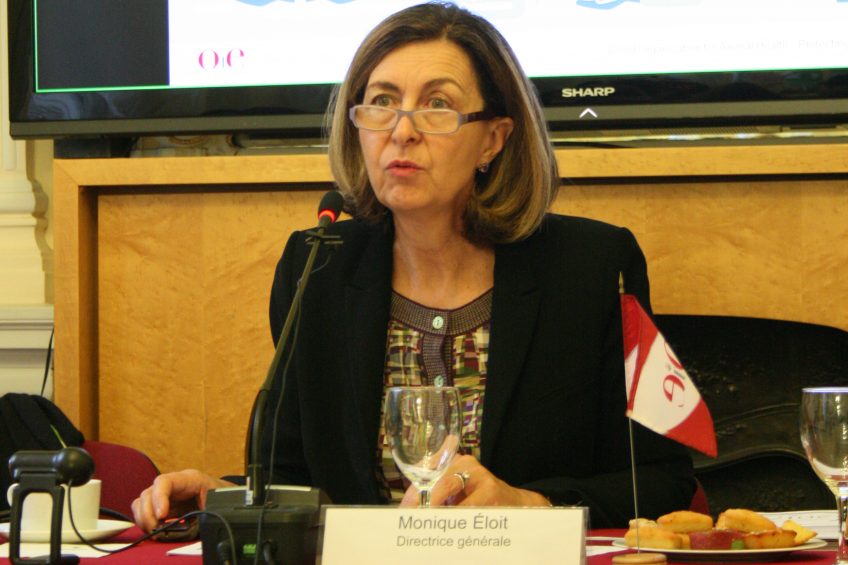Awareness first in fight against antimicrobial resistance

At the end of her first year of mandate as Director General of the World Organization for Animal Health (OIE), Dr Monique Éloit described the Organisation’s achievements under the framework of its 6th Strategic Plan, covering the period 2016–2020, and announced the highlights that will mark 2017.
The OIE want to create awareness on antimicrobial resistance, because awareness is the first step in making progress in the ongoing fight. As part of its action to fight antimicrobial resistance, the OIE published its Global Strategy on Antimicrobial Resistance and the Prudent Use of Antimicrobials.
The result of many years’ work on this issue, and of the commitment made by the OIE’s 180 Member Countries through a range of international resolutions, this strategy will help to preserve the efficacy of antimicrobials. It is also in line with the global effort undertaken in conjunction with the World Health Organization (WHO) and the Food and Agriculture Organization of the United Nations (FAO).
Global Action Plan on antimicrobial resistance
A significant highlight of 2016 was the occasion last September when, for the first time, the 3 organisations spoke as one at the United Nations General Assembly to gain the commitment of countries to deploy the Global Action Plan on antimicrobial resistance in their own territories.
Progress made on 6th Strategic Plan
During Dr Éloit’s presentation, she reviewed the progress achieved in the implementation of the 6th Strategic Plan and explained the organisational changes made within the OIE to ensure its success. Furthermore, she emphasised once again the 3 strategic priorities which will continue to guide the Organization’s work in years to come; namely:
- To improve animal health and welfare by appropriate management of the risks encountered at the human-animal-environment interface;
- To reinforce trust through transparency and good communication about the animal health situation and OIE standards on the sanitary safety of international trade;
- To support and strengthen the capacity and sustainability of national Veterinary Services.
In this context, significant progress was made over the course of the year.












